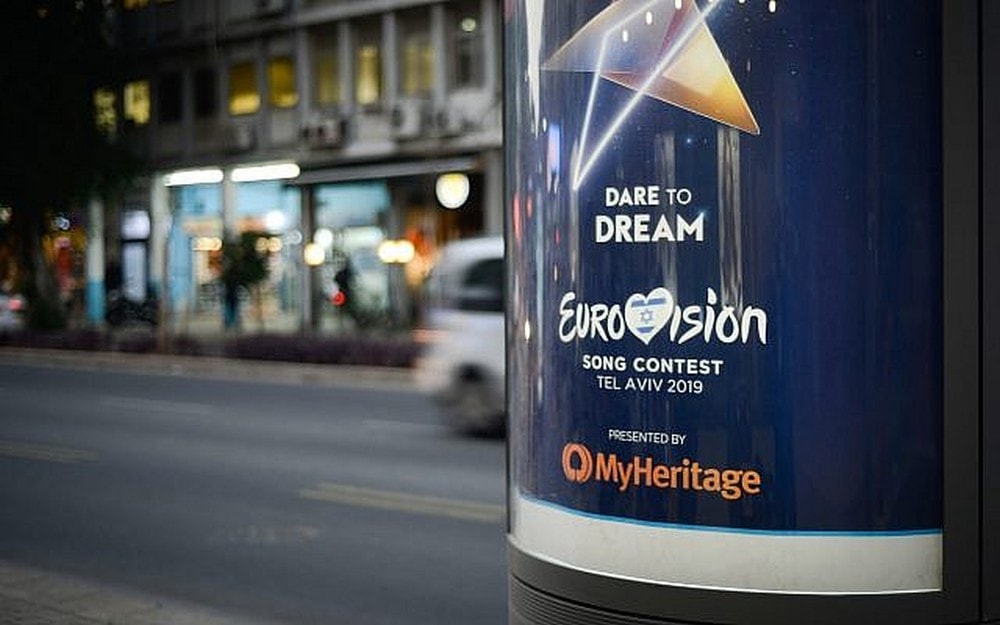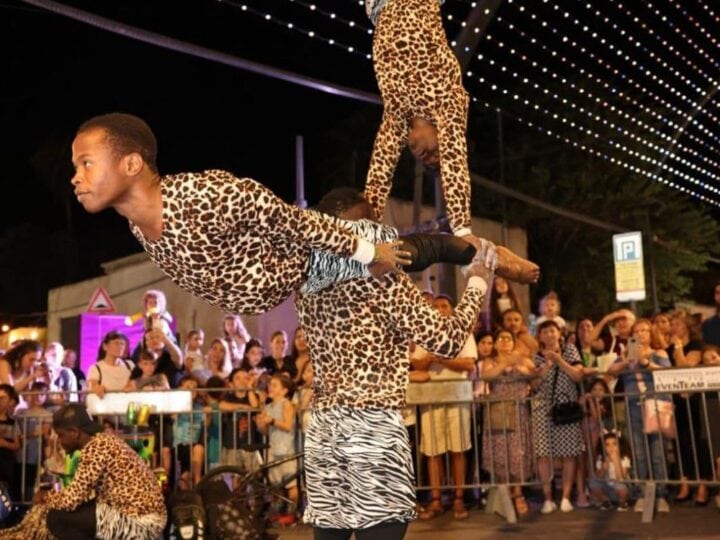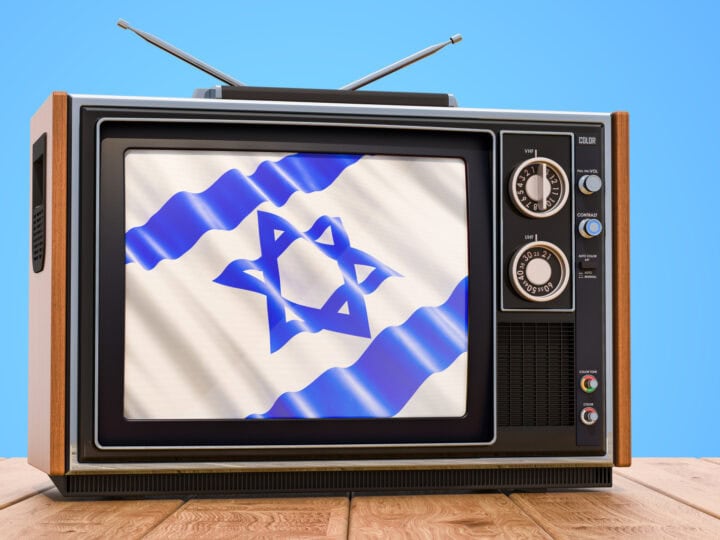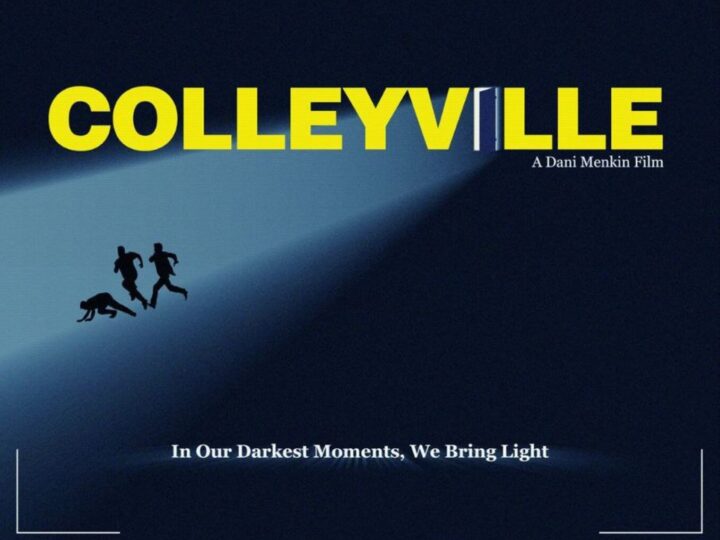The recent kerfuffle surrounding Israel’s participation in the 2024 Eurovision Song Contest has left some wondering why a Middle Eastern country is taking part in a European contest in the first place.
“We belong in Eurovision,” Mor Lev, who runs all Eurovision-related social media channels for the Israel Broadcasting Authority (IBA), tells ISRAEL21c.
A competition of broadcasters
“It’s a competition of broadcasters that are members of the European Broadcasting Union (EBU), and the union includes broadcasters that are not only from Europe, but also from Asia and Africa,” says Lev.
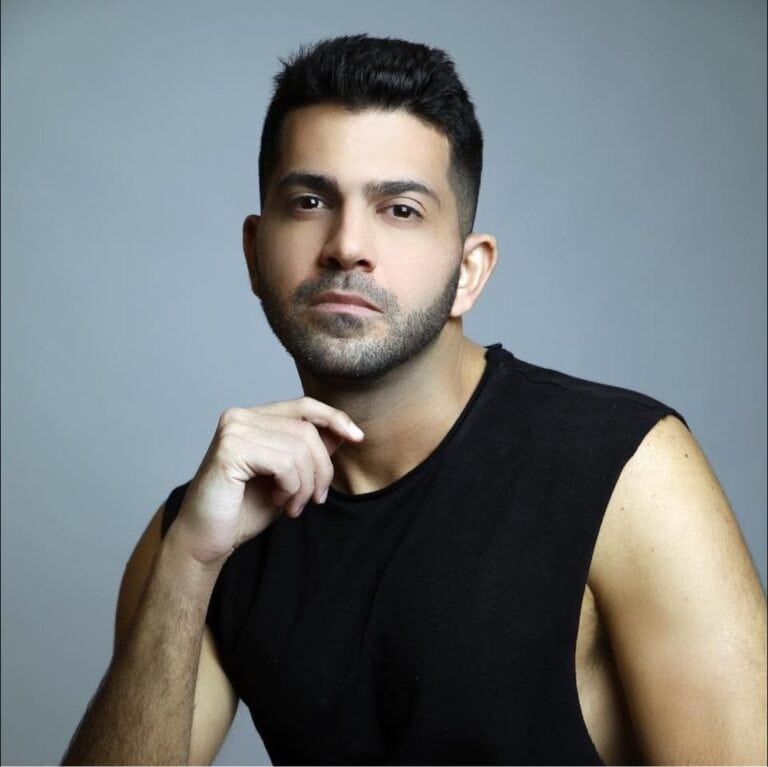
Since its inception in 1956, Eurovision has been owned and operated by the EBU, an alliance of public-service media organizations within the European Broadcasting Area (EBA).
The International Telecommunication Union (ITU) defines the EBA legal borders as:
“Bounded on the west by the western boundary of Region 1, on the east by the meridian 40° East of Greenwich and on the south by the parallel 30° North so as to include the northern part of Saudi Arabia and that part of those countries bordering the Mediterranean within these limits. In addition, Armenia, Azerbaijan, Georgia and those parts of the territories of Iraq, Jordan, Syrian Arab Republic, Turkey and Ukraine lying outside the above limits are included in the European Broadcasting Area.”
Any country that is part of the EBU can submit an original song as its Eurovision entry. If the song is in compliance with the EBU rules, it is then admitted to the semifinals. The public and a panel of judges from all the competing countries then vote on who will go through to the grand final. The same voting process then determines the eventual winner.

The October 7 attacks and the subsequent war in Gaza have forced Israel to wage diplomatic battles on multiple fronts, from social media to academia and culture.
One of the battlefields happens to be the Eurovision Song Contest, which takes place this May in Malmö, Sweden.
Since 2015, even Australia has been participating in Eurovision, facilitated through the Special Broadcasting Service (SBS) broadcaster. Eurovision attracts a cult following and large viewing figures in Australia, apparently enough for the EBU to okay the country’s participation.
This was also the case with Morocco, which has been a Eurovision “member state” since 1980 although that was one and only year the country submitted an entry.
Where it all began
The year 1973 was a historic year for Israel. The Arab coalition launched a surprise attack on the Jewish state on Yom Kippur, resulting in an existential war, which Israel unexpectedly won.
That was also the year Israel participated in Eurovision for the first time.
“In 1972, the IBA became a member of the EBU and was allowed to participate in Eurovision,” explains Lev.
Israel’s debut entry in the competition in May 1973 was Ilanit’s “Ey Sham,” which finished the contest in the fourth spot.
The winning streak
Five years later, Israel enjoyed its first ever Eurovision victory, with Izhar Cohen and Alphabeta’s “A-Ba-Ni-Bi.”
A year later, Israel emerged victorious again, with Milk and Honey’s “Hallelujah.”
The winning country is always given the honor of hosting the event the following year. Israel, however, declined to host the contest in 1980 due to financial constraints. Nor did Israel participate in the contest, held in the Hague, because the date conflicted with Memorial Day.
That was the only time the winning country didn’t defend its title the following year.
The next victory came nearly 20 years later. In 1998, transgender artist Dana International won the competition with megahit “Diva.”
Israel’s fourth and most recent victory came after another 20-year break. In 2018, Netta Barzilai emerged victorious with the legendary hit “Toy.”
Most participations, most wins without ever coming last
To date, Israel holds the record for most participations and most wins in Eurovision without ever coming in last. It ended up second to last in the grand final in 1986, 1993 and 2006.
In 2015, a song by Arisa and Margalit Tzanani, called “This is not Europe,” conquered Israeli radio for the summer.
The tongue-and-cheek Hebrew track has the iconic lines: “Hop, hop; this is not Europe; this is Israel, start getting used to it.”
The calls by some countries participating in Eurovision to disqualify Israel over the war in Gaza, without taking into account the circumstance and nuance of the conflict, only prove that point.
Israel may be a member of the EBU, but it’s still not Europe. Neither geographically nor culturally. And every time there is a conflict of interest, the claim that “Israel isn’t even in Europe” is the first to come up.
Putting the legal rights aside, does Israel belong in Eurovision? Well, the experts say it’s a firm “yes!”
“Every country in Europe is different, especially if you compare Western Europe to Eastern Europe,” says Lev.
“Italians and Greeks are very similar to Israelis. Does that mean they are not European?”
Lev explains that a different mentality is a connecting bridge. “Europeans are very curious to discover people who are different from them. They love Israeli spontaneity, free spirit, joy and fearlessness. In a way, they would like to be like us, but were brought up in a different environment,” he says.
“That is why Israel is a very important spice in this dish called Eurovision.”

The October 7 attacks and the subsequent war in Gaza have forced Israel to wage diplomatic battles on multiple fronts, from social media to academia and culture.
One of the battlefields happens to be the Eurovision Song Contest, which takes place this May in Malmö, Sweden.




